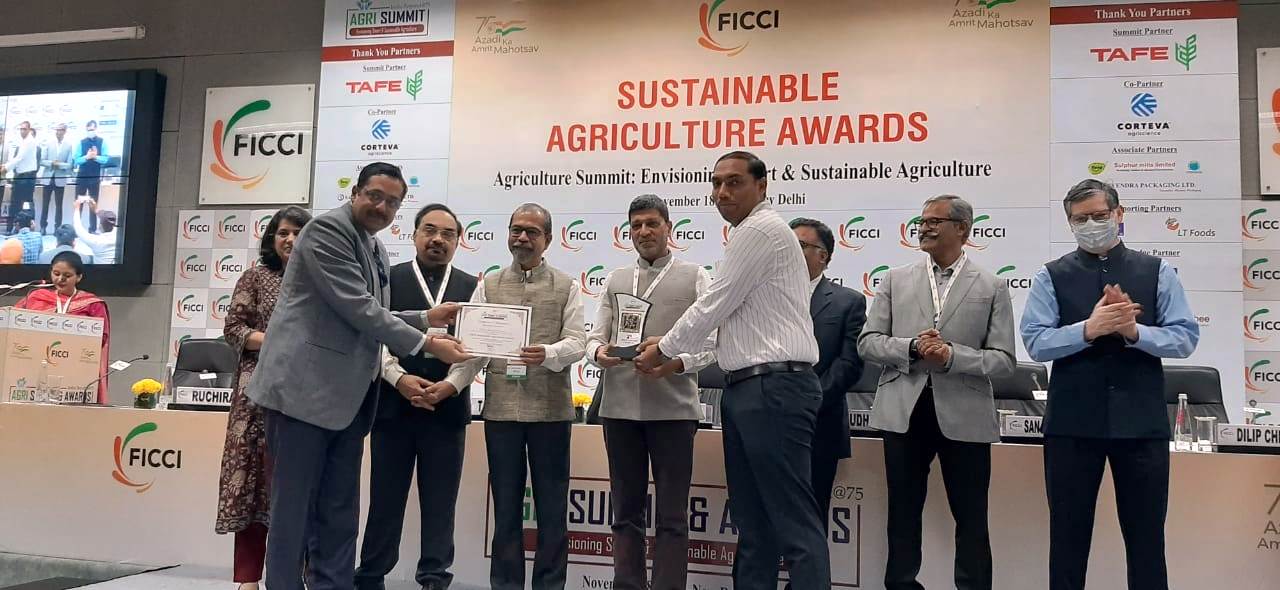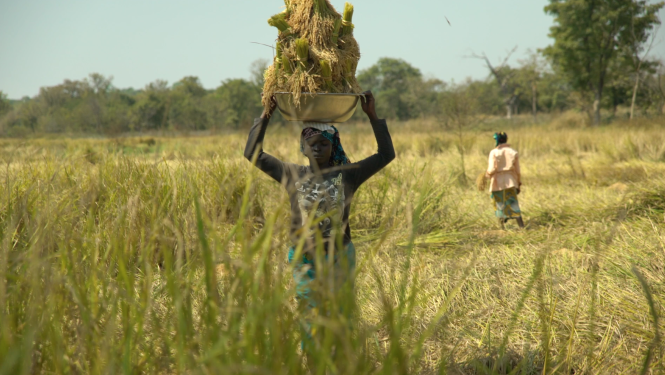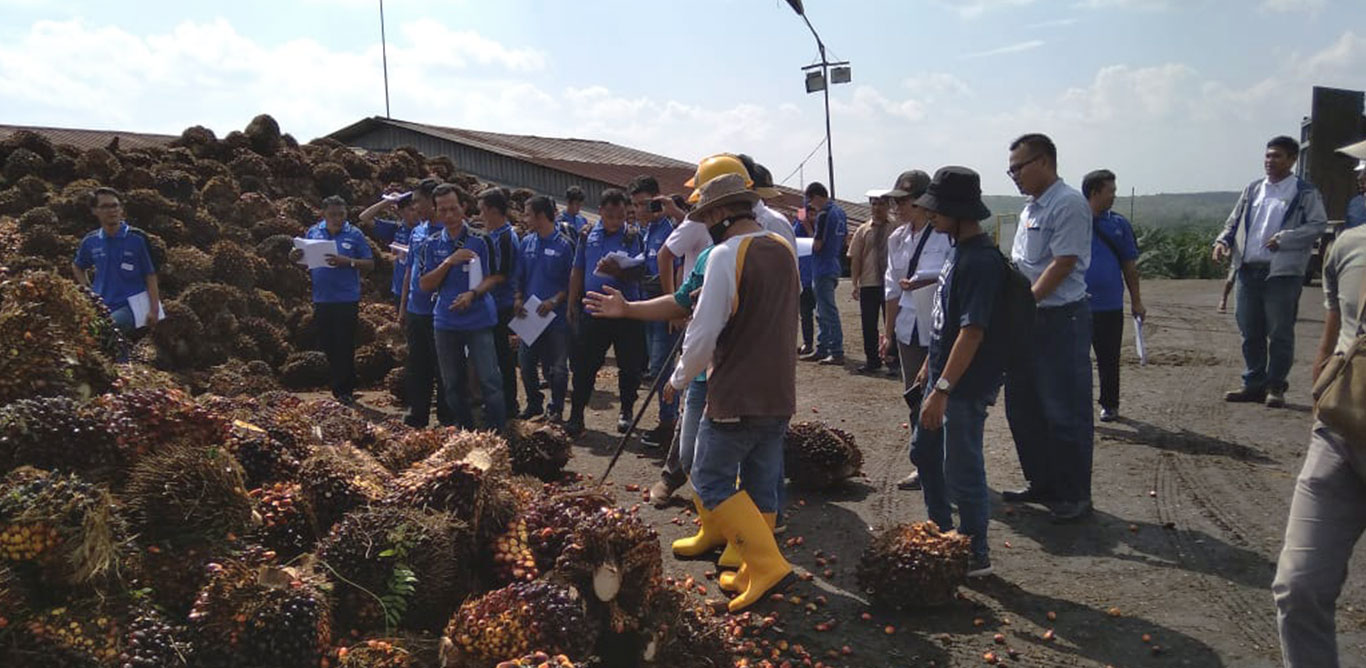Our work
Run in partnership with the University of Dakar and the Senegalese Vegetable Producers Association, the Foundation’s program focused on promoting proper use of pesticides to create the conditions for yield improvement and food self-sufficiency, limit health hazards and reduce negative environmental impacts. Rural communities in northern Senegal were invited to participate in the program, with a specific focus on training smallholders on the proper use of pesticides.
Key Impacts
Delivered by Masters level students in Agriculture at the University of Dakar, the training covered proper use of inputs to reduce cost and maximize yields, understanding labels and active ingredients, reducing pesticide residues on harvested fruits and vegetables to protect both farmers and consumers, and compliance with health and safety standards, including use of gloves and adequate storage. In a second stage, local medical staff were also trained to treat pesticide poisoning. Throughout the program, farmers were actively involved to ensure they took ownership of the training and could disseminate acquired knowledge to the rest of the community.
Project Duration
2014 to 2017
Thanks to the project, students received practical training in the use of pesticides, which complemented the theoretical knowledge they gained at university, including safety, cleaning and optimal use of pesticides. We made sure that farmers were actively involved and took ownership of the training, to ensure knowledge is transmitted. Thanks to this, the project had significant social impact.
Professor Diouf Amadou Engineer-Agronomist for Europe-Africa-Caribbean-Pacific Liaison Committee (COLEACP)



